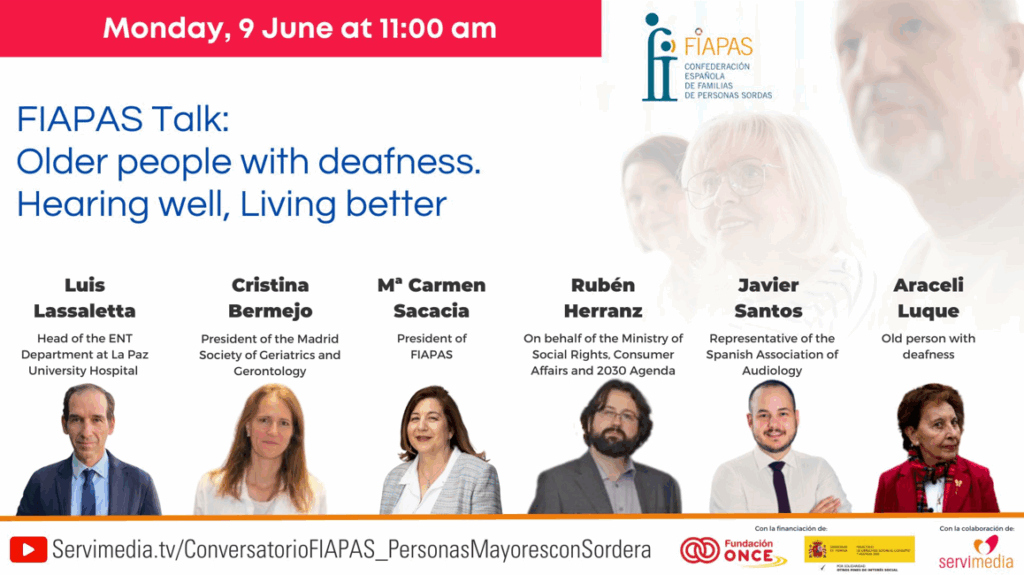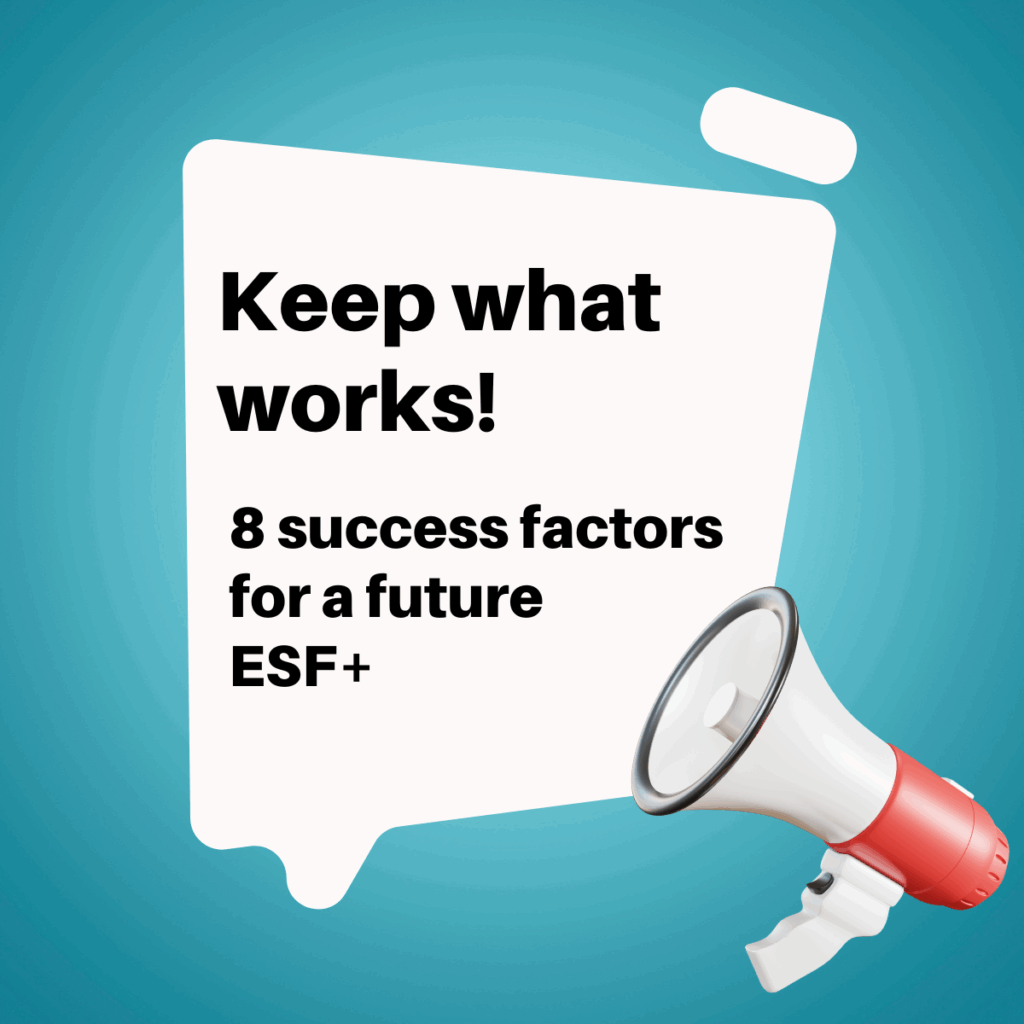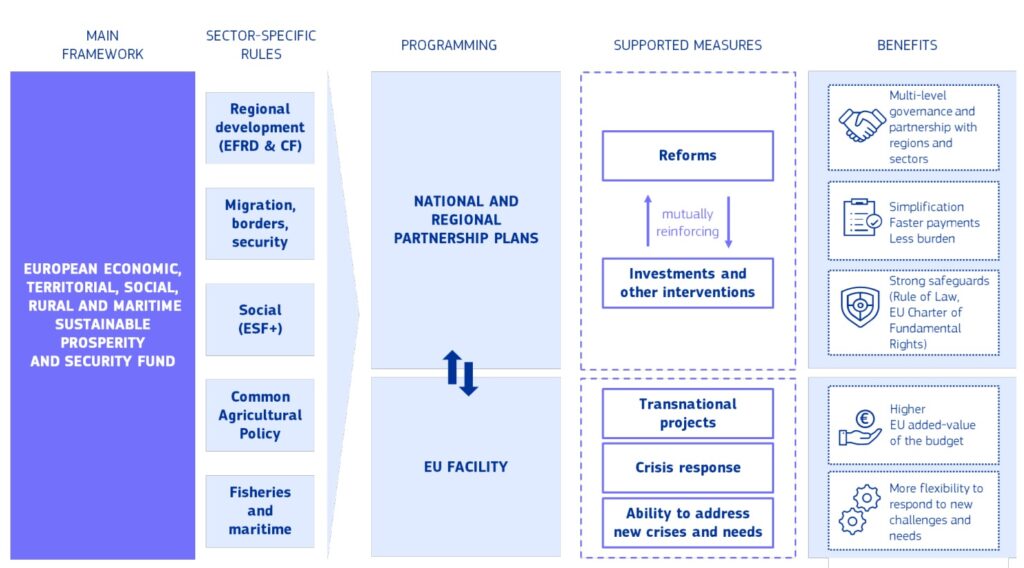Last 28th October, the European Institute for Gender Equality (EIGE) presented the results of the sixth edition of the Gender Equality Index (GEI) in an online conference which focuses this year on “Health”, taking in account the consequences of the pandemic Covid-19 for gender equality. For EIGE’s 2021 Index, please click here.
The conference gathered key EU representatives such as Helena Dalli, EU Commissioner for Equality, and Janez Cigler Kralj, Slovenian Minister of Labour, Family, Social Affairs and Equal Opportunities.
EIGE is a European Agency based in Vilnius (Lithuania) whose mission is to strengthen and monitor gender equality across the EU. The Agency was established to address the challenges of and promoting equality between women and men across the European Union, and to gather and provide robust and sound research and data on gender inequalities in different areas of life.
Since 2010, EIGE’s Index offers European comparison and examples of good practices, and gives visibility to areas that need improvement. It covers a range of indicators in the domains of work, money, knowledge, time, power and health. Lastly, the GEI also integrates two additional domains: violence and intersecting inequalities.
This year’s report underlines that the EU continues with limited progress when it comes to gender equality, showing that the EU’s score for gender equality is up just half a point since last year (68 points and 67.4 points respectively) and only five points more than 2010. Moreover, there are huge disparities in the scores within Member States, shifting from Sweden with 83.9 points to Greece which scores 52.6 points.
Carlien Scheele, Director of EIGE underlined the very limited progress and the challenges that the pandemic may pose regarding gender equality and the uneven share of unpaid work: “if we continue at the current rate of progress, it will take nearly three generations to achieve gender equality. Yet, this minimum progress is threatened by Covid-19 pandemic. This is largely because women took up the lionshare of unpaid care work during the pandemic which affected their ability to work. Women were the more likely to be the ones losing income because they were caring for family members and homeschooling their kids”.
Sweden, Denmark and the Netherlands are the top-3 EU Member States with best gender quality. Luxembourg, Lithuania, and the Netherlands experienced the largest improvements in gender equality since last edition.
The EIGE report also provides country-specific fiches of the Gender Equality Index, so one can see how their country performs in all the Gender Equality areas and in the thematic focus on health. Please click here to access to the 2021 fiches.
The GEI analyses health under three dimensions: health status (including mental health), health behaviours and access to health services. The Index also provides a gender and intersectional analysis of sexual and reproductive health and the COVID-19 pandemic.
Elizabeth Gosme, Director of COFACE Families Europe, participated as a panelist on the situation of mental health in the EU. She underlined the following during her intervention: “In addition to work-related burnouts in the care/support sector, “parental burnout” is also something to consider closely – the symptoms are similar to professional burnout: physical and psychological exhaustion, feelings of failure and the desire to give up and drop everything. Parental burnout is not only linked to the individual- it is also a symptom of a failure of our societies. In a demanding and competitive world, the individual must succeed in all areas of their life: be an innovative and creative worker, – and also be an open, attentive, understanding and model parent. But sometimes parents, often mothers, can no longer cope with professional and family demands.”





